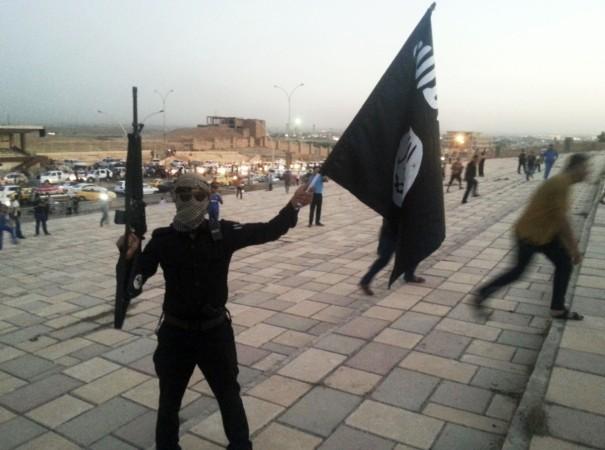
With the jihadist outfit Islamic State of Iraq and Syria (ISIS) declaring war on India alleging that Muslims in the country have been subjected to injustice, the Ministry of Home Affairs is bracing for a "not very distant" threat.
On Tuesday, Abu Bakr al-Baghdadi, the leader of the newly-announced Caliphate in the Middle East, named India as one of the countries where Muslims' rights were being violated, along with countries such as China, Pakistan, Indonesia, and several others.
The Home ministry has already sent out an advisory to states to prepare for internal security, as reported by The Times of India.
Intelligence agencies are also said to be closely tracking the developments in the middle east, with officials calling the ISIS threat "not very distant". Counter terror experts are also contemplating the possibility of Baghdadi calling for terror attacks in India on the lines of the 9/11 strikes carried out by Al-Qaeda in the United States.
"The issue has been discussed within the ministry and apprehensions about a conflict between Shias and Sunnis erupting in the immediate future or later in the country is not being ruled out. An advisory in this regard has already been sent to various states but more preparations are on," a senior home ministry official told TOI.
The militant group has overrun several towns in Iraq and Syria and recently declared the controlled area as the new 'Islamic State', calling Muslims from across the world to help build it and raise their arms in countries where they are mistreated.
The threats by ISIS have not only raised fear about the Indians still trapped in Iraq but also of security at home.
While the Indian government has started large-scale evacuation drives to bring hundreds of Indians back to the country over this week, 900 more Indians are expected to return soon. 10,000 Indian nationals are reported to be in Iraq, most in non-conflict zones, while 46 nurses still remain inside Tikrit.
Meanwhile, Home Minister Rajnath Singh held a security meeting on Wednesday with the ministry's policy branch to work towards strengthening security at "vital installations".
" (He) desired that these security arrangements be reviewed and suitably strengthened…He further directed that the security audit of vital installations, wherever due, may be carried out and additional forces deployed, if found necessary, so as to ensure that adequate security arrangements are in place for such installations," a home ministry spokesperson was quoted as saying.
















